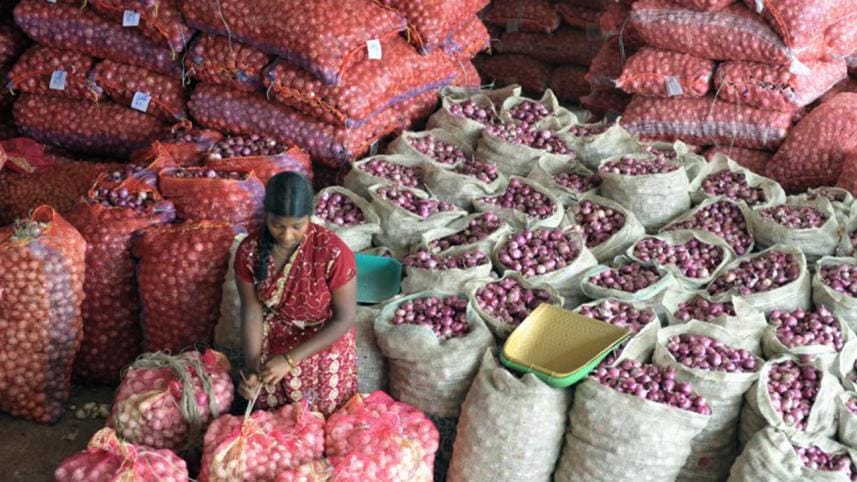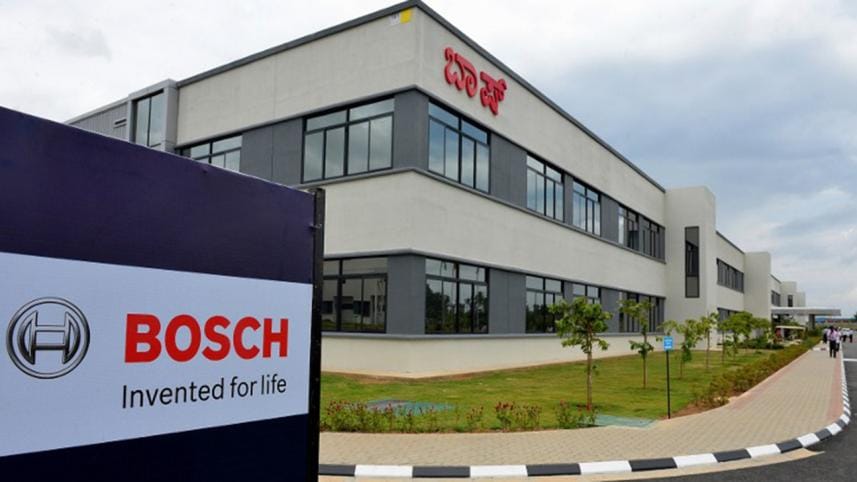India's economic growth slows to 7%

India's economy grew at an annual rate of 7% between April and June, official figures have shown.
This is slower than the 7.5% growth originally recorded for the first quarter, and lower than expected.
India and China - which also posted 7% growth in the second quarter - are now the joint fastest growing major economies in the world.
But some economists have expressed concerns that India's official figures do not accurately reflect true growth.
"At face value, today's GDP figures for [the second quarter] suggest that India matched China as the world's fastest-growing major economy last quarter," said Shilan Shah at Capital Economics.
"But the GDP data remain inconsistent with numerous other indicators which suggest that, at best, the economy is in the early stages of recovery after three years of tepid growth.
"The official GDP data are overstating the strength of the economy, most probably by a significant margin."
With concerns about slowing growth in China, some investors are starting to turn to India as the next driver of global growth.
Some were expecting stronger growth than 7% - in two of the previous three quarters, the Indian economy grew faster than China.
"The GDP number is disappointing but, overall, going ahead we expect India's economic growth to be driven by domestic demand," said Madhavi Arora, from Kotak Mahindra Bank in Mumbai.
"With commodity prices falling, there should be a boost to corporate margins going ahead and household spending should also go up."
There will be plenty of people disappointed with this number. Some economists I've spoken to recently thought GDP growth would be closer to 8% - streaking ahead of China's.
Digging into the detail - it looks like growth in Indian manufacturing has slowed from a year ago - a bit of a blow given this is one of the Modi government's main initiatives.
And whether pace picks up in the July-September period will largely depend on the weather. This is the monsoon season and when rains are good and harvest plentiful, rural consumption goes up as people working in agriculture have more money to spend.
But, so far, many parts of the country have seen less rain than you'd expect.

 For all latest news, follow The Daily Star's Google News channel.
For all latest news, follow The Daily Star's Google News channel.
Comments